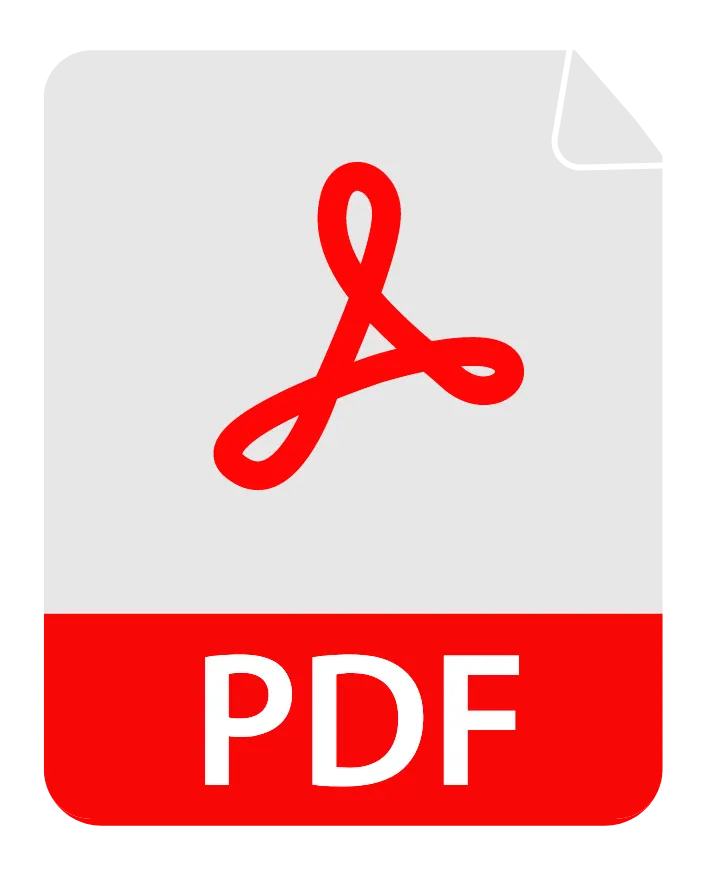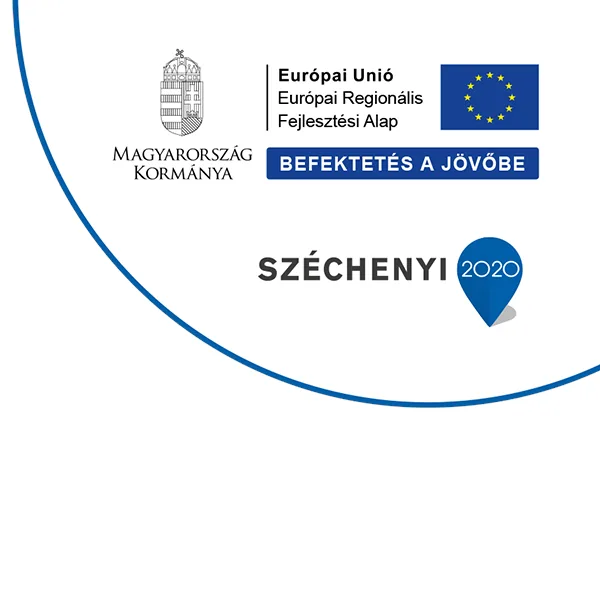Simulated debates following EU Debate rules; a Model UN conference solving real-world issues; lessons on how to teach these skills

Description
In this practical course, teachers will get hands-on experience with two valuable programs: Debate and Model United Nations (MUN). Participants will learn how each program works, take part in training sessions, and practice key skills in simulations that follow EU Debate rules and a Model UN conference focused on real-world issues.
By understanding these methods, teachers will be ready to help students build important skills like critical thinking, public speaking, and diplomacy—abilities that are respected by both universities and employers. This course will give teachers the confidence to set up and lead Debate and MUN clubs in any secondary school.
Aims and objectives:
In this hands-on course, teachers will learn how to run Debate and Model United Nations (MUN) clubs, two programs that help students build important skills for the future. Through practical activities and simulations, participants will gain confidence in leading these clubs and teaching students to:
- Communicate clearly and speak confidently in front of others.
- Think critically and analyze arguments from different perspectives.
- Understand global issues and respect different cultures.
- Work as a team and develop leadership skills.
- Solve problems using structured approaches and strategic thinking.
- Learn by doing and reflect on what they have learned to improve.
By the end of the course, teachers will be prepared to create engaging, skill-building Debate and MUN programs that prepare students for success in school and beyond.
Learning Outcomes
- Set up and manage Debate and Model United Nations (MUN) clubs in a secondary school setting.
- Guide students in preparing for structured debates, including teaching them how to develop arguments, speak persuasively, and respond to counterpoints
- Lead MUN simulations that encourage students to engage with real-world issues, fostering global awareness and cultural sensitivity.
- Teach critical thinking by helping students learn to evaluate arguments, analyze information, and consider multiple perspectives.
- Encourage teamwork and leadership by facilitating activities that build collaboration, confidence, and resilience.
- Apply experiential learning techniques, using „learning by doing” and reflection to help students improve and retain skills.
- Equip students with problem-solving frameworks, teaching them to approach complex issues systematically and strategically.
Target groups: Secondary schools teachers
Minimum level of language: English, B2
Duration of training: 35 lessons, 7 days
Trainer: Alex Mitchell
Date: 13-19 July 2025 Planned
Location: Rovinj, Croatia
Price: EUR 595, incl. course, certificate, Erasmus+ documentation (if needed), welcome lunch or dinner, farewell cultural activity
Applicable funds: As part of the Erasmus+ Key Action 1 (KA1), all costs for mobility /travel expenses, course fees, accommodation, subsistence fee/ are covered by the fund.
Applicable funds: As part of the Erasmus+ Key Action 1 (KA1), all costs for mobility /travel expenses, course fees, accommodation, subsistence fee/ are covered by the fund.

Alex Mitchel
Canadian educator
specializing in educational leadership, digital education, English Language Learner
Kattintson a gombra, jelentkezzen!
Jelentkezem erre a képzésre!


